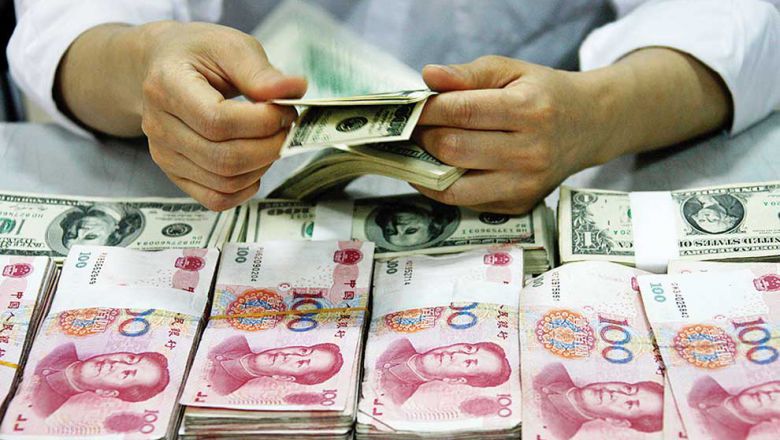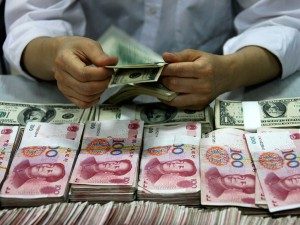![]()

China’s wealthy are increasingly showing a big appetite for investing in real estate out of their home country, and while traditional international markets such as Australia and the US remain popular, Cambodia is beginning to attract the attention of China’s elite.
More than 65 per cent of China’s high-net-worth individuals spent upwards of $462,000 on overseas property and real estate investments in 2015, according to that year’s Knight Frank Wealth Report.
China’s hunger for owning international property has gathered pace within the last few years. According to Knight Frank, Chinese outbound real estate investment totalled $5 billion in 2010, increasing to $52 billion in 2014. By 2020, the firm predicts this figure will reach $220 billion.
The reasons for this international real estate investment seem relatively simple.
According to juwai.com, China’s online international property portal which introduces mainland Chinese buyers to international real estate opportunities; a mixture of investment opportunities, emigration, education and, to a lesser extent, lifestyle are the main reasons for China’s obsession with owning overseas property.
Speaking at Juwai’s Global Developer Summit in Beijing in April, company chief executive Charles Pittar said the ability to own freehold property remained an attractive proposition for Chinese investors.
“The value of international property is increasingly preferred over domestic property, as appreciation rates plateau in most major Chinese cities,” he said.
“There is a perception among Chinese investors that overseas property investment is more stable than the Chinese market.”
With Chinese outward tourism remaining the largest and fastest-growing tourism market in the world, travel continues to open China’s eyes to real estate investment outside their borders.
“By 2020, it is predicted that 234 million outbound Chinese travellers will splurge $422 billion abroad,” Pittar said.
As tourism flows, business connections and incentives for Chinese investors could flow through to Cambodia.
While Cambodia may not yet be a popular emigration or education destination for most wealthy Chinese, those seeking pure investment opportunities are offered a unique proposition in the rising market of Phnom Penh – which is exhibiting appreciation growth impossible in the developed markets that Chinese investors have traditionally targeted.
Chinese state-owned MCC International Incorporation recently set up a subsidiary in Cambodia.
Chen Shaochun, president of MCC International Incorporation, spoke of Cambodia’s appeal to Chinese investors at a recent press conference in Phnom Penh.
“Cambodia is exhibiting the correct economic growth indicators, investment incentives and political stability to allow us to enter this market in a real estate-related faculty,” he said.
“And these same qualities are appealing to many other Chinese property investors.”
CEO of Eastland Development, Sam Yang, said Chinese investors could rely on the US dollar in Cambodia, making it an attractive destination to invest capital.
Yang also cited China’s “One Belt One Road” initiative – wherein Cambodia is a part of China’s elaborate plan of land and sea connections to the rest of Asia, Africa, and Europe – saying that plans for the Chinese railway in coming years would only aid Chinese investment in Cambodian real estate.





Comments